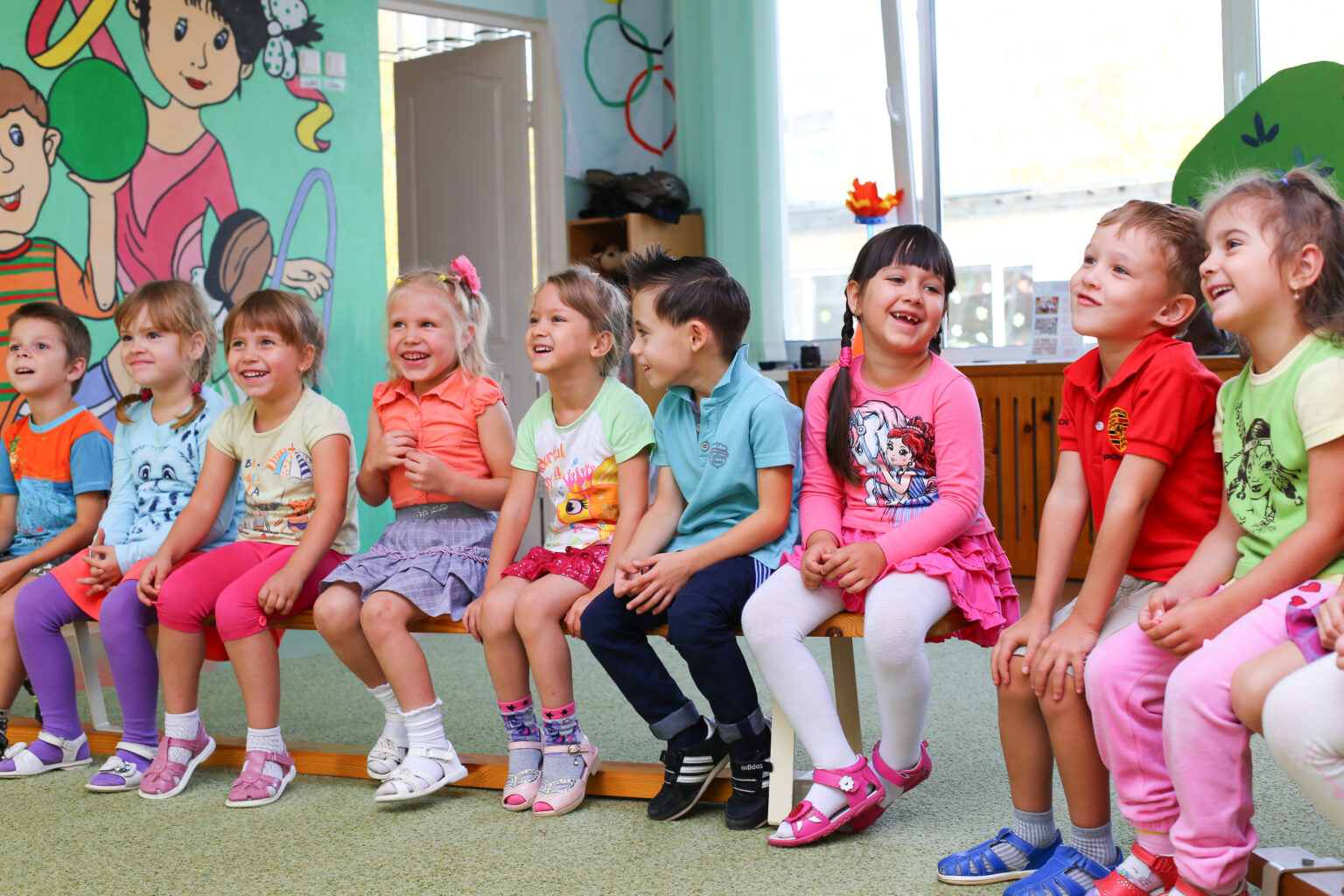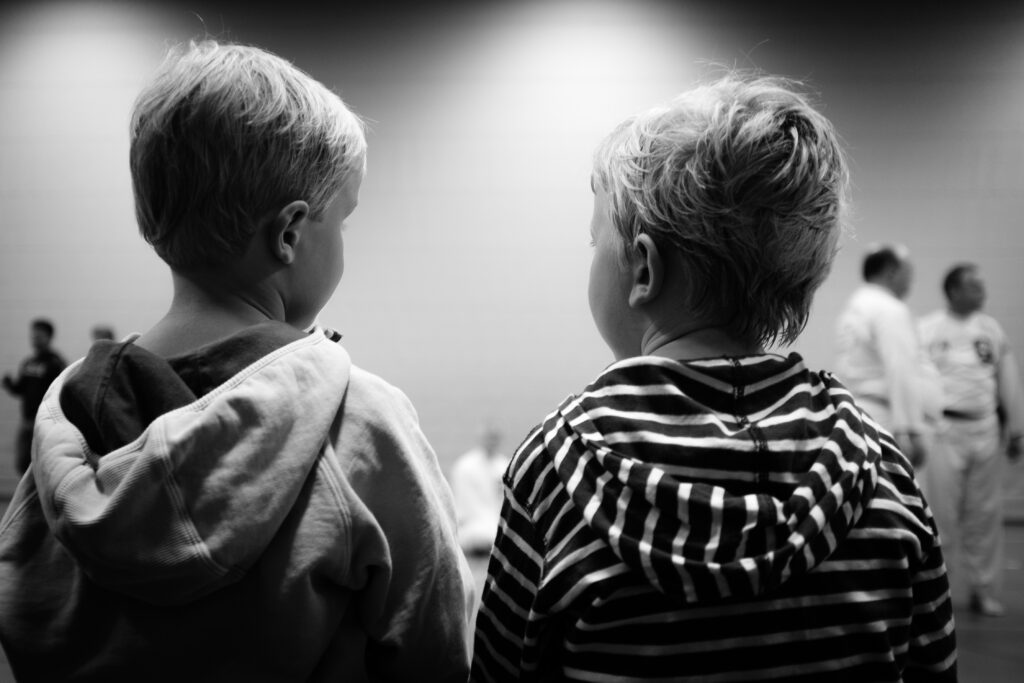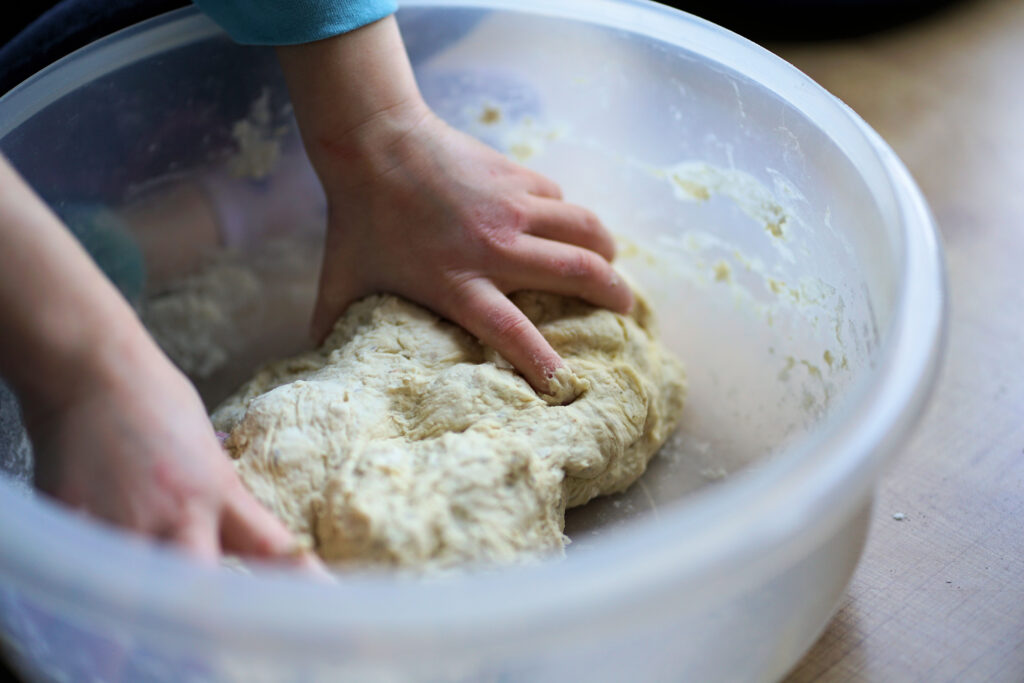Visit our NEW Social Group Service Guide for more information!
What is the difference between a skill-based and a play-based group?
Skill-based groups focus on developing new and important skills relevant to a child or youth's daily or social life. These groups include theoretical and practical learning activities, and feature new lessons each week. While many of our groups focus on teaching social skills, we have a variety of groups that offer skill-development in areas such as: art, music, life skills, mindfulness, employment preparation, and more.
Play-based groups focus on facilitating meaningful peer interactions through structured and themed sessions. Children are free to play and explore in the center and are supported in building new connections with peers and engaging with novel toys and activities.
What are the structure of the groups?
Skill-based groups begin with approximately 15 minutes of free play, followed by a debrief of the lesson from the previous week and/or an instruction of the day's lesson. Depending on the size of the group, participants are separated into smaller groups for the theoretical portion of the lesson. The skills are then practiced in a larger group setting through interactive activities such as role playing, structured games, and team-building exercises. Typically, groups end with free play, allowing the participants to generalize and connect with one another in a more natural setting.
Play-based groups involve a series of structured activities or stations. A large group may be separated into smaller groups where they will be supported in fun, engaging activities before transitioning to the next station. These groups typically include a snack break halfway through and free play at the beginning and end of the group.



How does programming specifically support diverse needs?
ABA Connections provides group services that are designed and facilitated by ABA-trained therapists and supported by ABA-trained volunteers. The programming is run using ABA-based strategies that include pairing and positive reinforcement. Facilitators use their skills and experience to motivate the participants to engage in learning activities; and, incorporate fun, interactive, and practical components to allow for opportunities to practice skills, encourage a better understanding of the concepts, and to support generalization.
What can I do to support learning activities outside of the group environment?
Many skill development groups include a positive practice take-home sheet or debriefs at pick-up from the group facilitators. This provides opportunities for parents and caregivers to know what concepts are being taught and practiced in the group setting. Generalization of skills outside of the group environment is critical to success and all parents and caregivers are encouraged to incorporate lessons in the child's daily life in the home and school environment, where possible.
For specific recommendations about how to better support generalization of skills learned in groups, ask our Youth & Group Coordinator, Samantha.



How do I know which group is right for my child or youth?
Selecting a group program that is a good fit for your child or youth is not always easy, and we don't always get it right the first time. Our groups are designed based on skill-level rather than age, so all age ranges are suggestions. If there is a group that you think your child might be interested in, connect with us to discuss your options.
We have additional details about each group on our website - you can Click here to learn more about what groups are running at any given time!
For more specific questions or concerns, you can always contact our Youth & Group Coordinator and they can support you in selecting a group that meets your needs.
My child struggles with aggression, can I still enroll them in a group program?
ABA Connections offers group services at a ratio of 3:1 (children:facilitator). Therefore, all group participants must be able to safely participate within this ratio.
To ensure the safety of all group participants, children with aggression towards adults or peers are not permitted in the group setting. If a group participant engages in aggressive or violent behaviours during a group session, they will not be permitted to return to the center for future sessions.
ABA Connections does offer 1:1 supports and can develop programming to address aggression with the end goal of group participation.



Do I need to have a diagnosis to register my child for a group?
Our groups are designed for children and youth with Autism Spectrum Disorder, however we are an inclusive centre and do not require any diagnosis for individual or group services. We run our groups using the principles of ABA and this method is effective for children and youth of all ages and abilities.